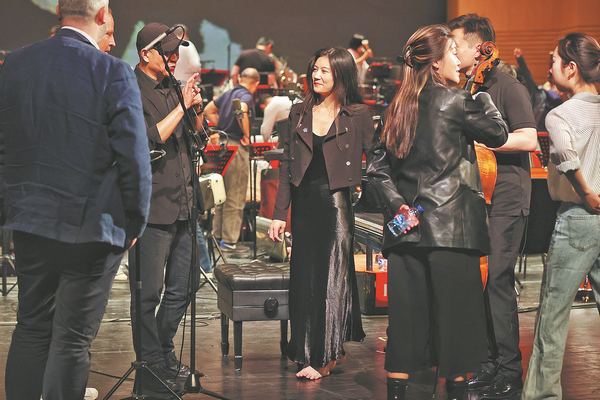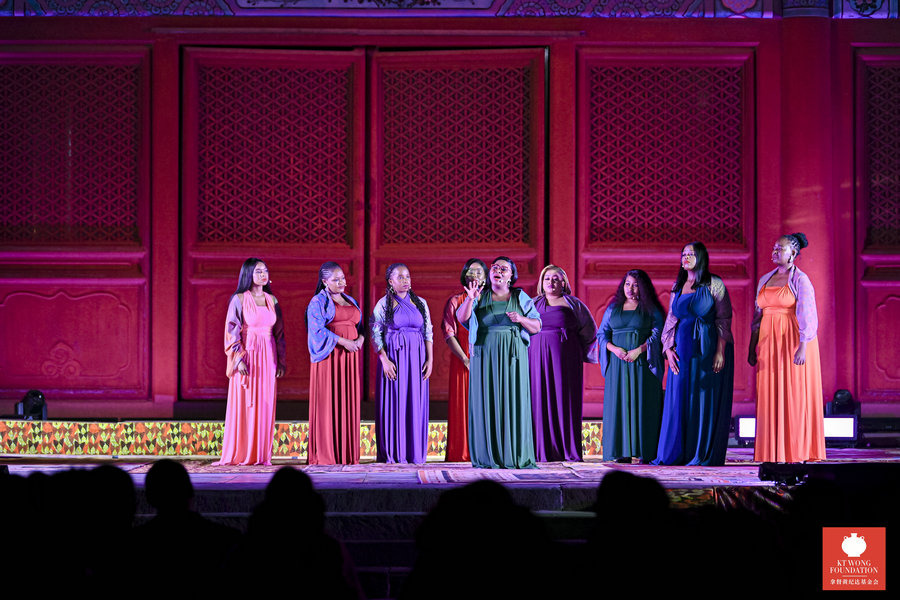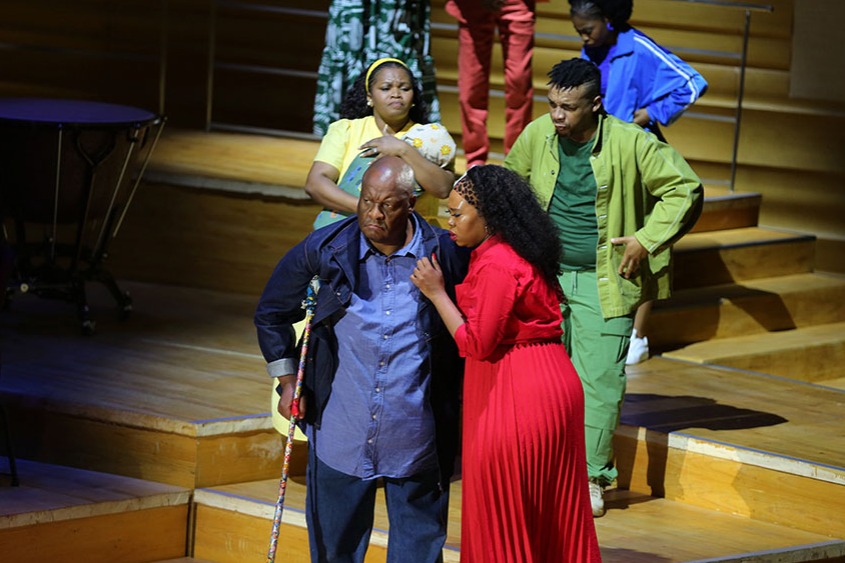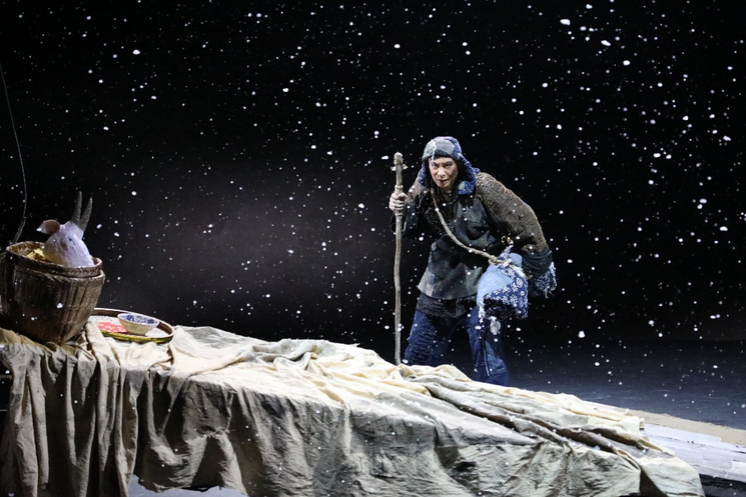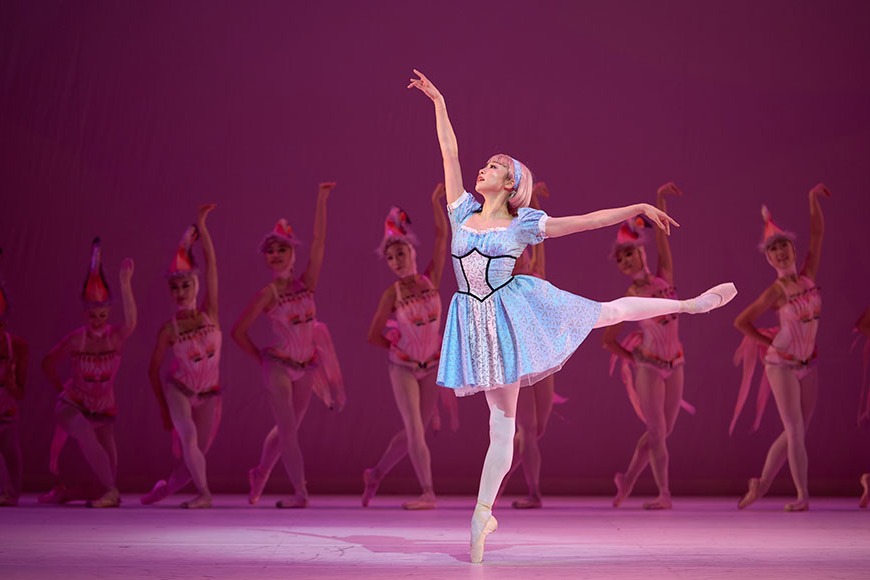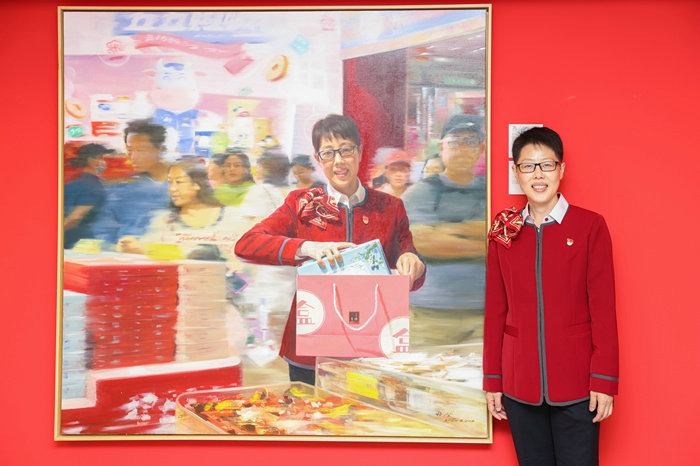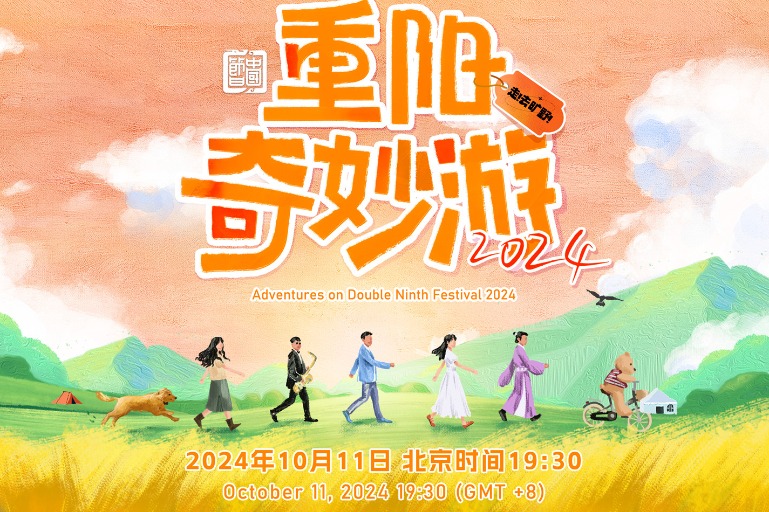Renowned composer brings Martial Arts Trilogy to Beijing

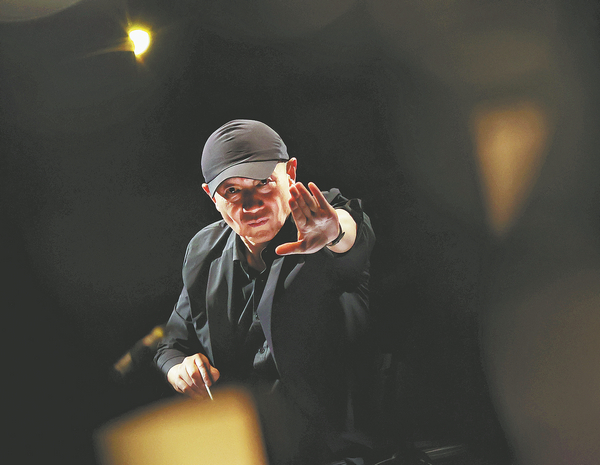
"Why did you die on earth in the first place, and why do you now ask me to return you to human life and love again?" That is the question Water — the god of life — asks, when violin, cello and piano, three personified musical instruments, tell their stories on earth, before they die and answer to the water god's judgement.
The role of Water, with sounds of waves, opened the Martial Arts Trilogy, a piece by world-renowned composer-conductor Tan Dun.
When he staged his Martial Arts Trilogy, three concertos based on the films Crouching Tiger, Hidden Dragon, The Banquet, and Hero, in Beijing on Oct 6, he portrayed love, death, revenge and resurrection.
The concert, performed by the China Philharmonic Orchestra under Tan's baton, featured violinist Daniel Hope, cellist Nie Jiapeng and pianist Sun Jaya, each playing characters from the three films, represented by their respective instruments.
"We call the concert the 'Martial Arts Trilogy in sight and sound'. With large-screen highlights from the films, we combined the ancient tradition of Chinese martial arts philosophy with the visual arts. The audience will have the experience of an opera without any lyrics, since the three instruments sing for themselves," Tan explained in Beijing before the concert.
"In each film, the leading female character sacrifices her life for love," he says.
In director Ang Lee's Crouching Tiger, Hidden Dragon (2000), the character Jade sacrifices her life for her spiritual love of the martial arts dream; in director Zhang Yimou's Hero (2002), the character Snow sacrifices her life for the love of her country, while in director Feng Xiaogang's The Banquet (2006), Empress Wan sacrifices her life and love for desire and revenge.
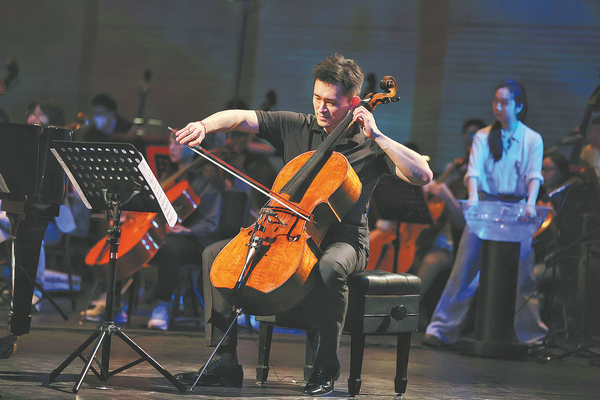
Tan won an Oscar for best original score for Crouching Tiger, Hidden Dragon in 2000.
"For me, the Martial Arts Trilogy was a preconceived project that started many years ago and developed into a spiritual opera," the composer says.
The Martial Arts Trilogy had its world premiere in 2010 in Shanghai and has since been staged worldwide.
In 2013, a fourth movement was added, titled the Triple Resurrection for Violin, Cello and Piano. The concept was also inspired by Wagner. Tan wrote the fourth movement for Wagner's 200th birthday, because he was influenced by the German composer's sense of orchestral drama. As Tan says, the Triple Resurrection is a salute to Wagner's Ring cycle.
"Even when written for film, music on its own can tell the story and can convey fantastic drama," Tan notes.
"Tan Dun has been my friend for over 20 years and we have been playing music together around the world. But it's very special to play together in China again," says Hope. "It's a work about human beings and the spiritual force of music, tremendously inspiring. And he is full of inspiration.
"Whenever I approach a musical culture that is new to me, I do research and try to find inspiration. The first time we played together in Amsterdam, we both arrived very late and we had no opportunity to discuss the music. We went straight into the rehearsal with the orchestra. We never met before, but we played the whole piece without stopping. At the end we both looked at each other with complete amazement," recalls the violinist.
"Whenever I listen to his music, I feel an instant connection and I let myself be guided by that," he adds.
The Beijing concert was part of the ongoing 25th and 26th Beijing Music Festival, one of the biggest classical music events in the capital.
